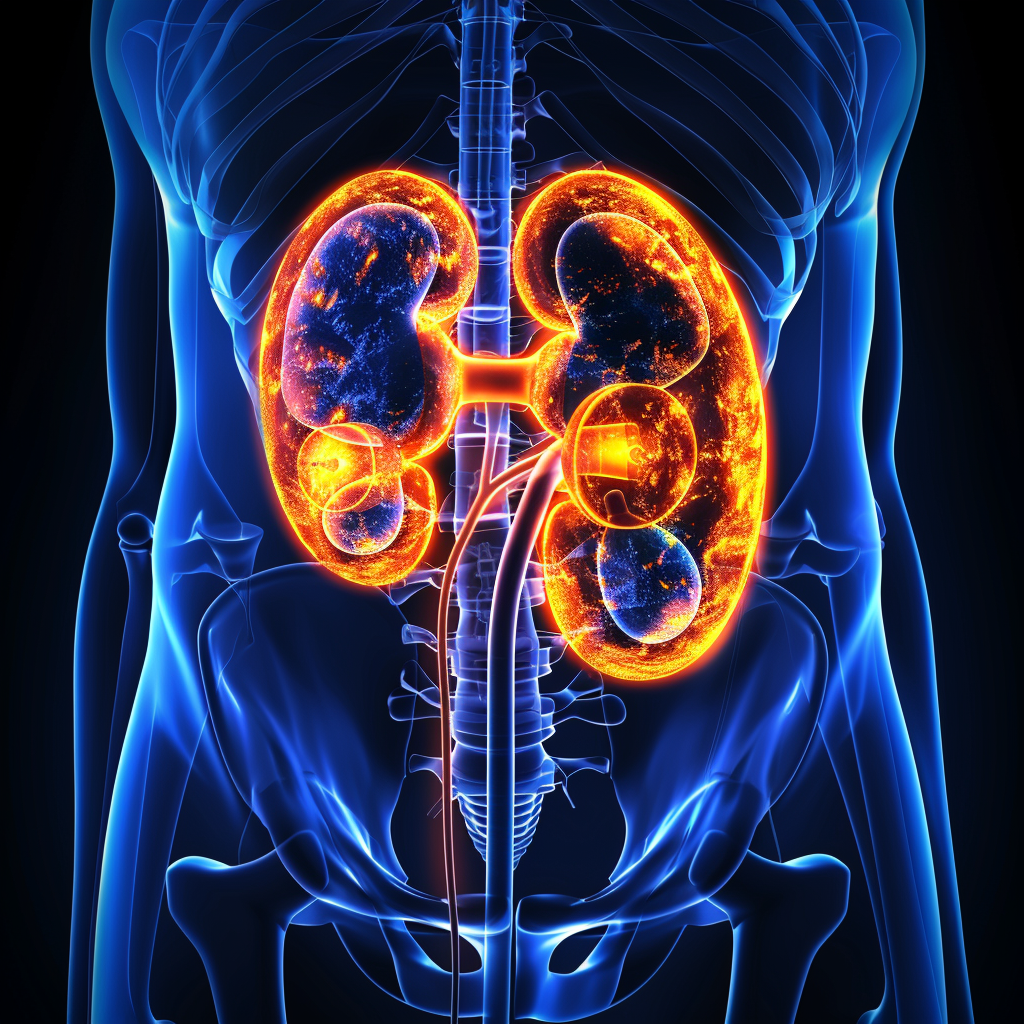Your kidneys are vital organs tasked with purifying your blood by removing waste and controlling the balance of electrolytes.

Kidney cancer symptoms are crucial in bone marrow communication for red blood cell production. However, when cell growth in the kidneys becomes uncontrolled, kidney cancer can develop.
Prevalence and Early Detection of Kidney Cancer
Kidney cancer represents around 2% of all cancer types reported in the United States, making it a relatively uncommon but serious condition. A challenge with this cancer is that it rarely shows early symptoms, often being identified incidentally during routine medical checks or specific imaging tests like X-rays or MRIs.
Recognizing the Symptoms of Kidney Cancer
While early-stage kidney cancer might not cause noticeable symptoms, they generally appear as the disease progresses. Common indicators include:
- Blood in the urine: A critical symptom that should never be ignored.
- Persistent lower back pain: Unrelated to any known injury.
- Unexplained weight reduction: Critical weight reduction without attempting could be a signal.
- Other symptoms: These might include a palpable irregularity on the lower back or side, loss of craving, persistent fever, and anemia.
These symptoms are typical across the three primary types of kidney cancer:
- Renal Cell Carcinoma (RCC)
- Making up approximately 85% of all kidney cancer cases, RCC is more commonly diagnosed in individuals assigned male at birth. In its initial stage, the RCC might remain asymptomatic; however, symptoms such as a detectable mass, blood in urine, and consistent pain may develop as the tumor grows.
- Transitional Cell Carcinoma
- This variant, accounting for about 7% of kidney cancers, originates not in the kidney itself but in the renal pelvis or the ureter. Early stages might not produce symptoms, but as cancer progresses, typical signs of kidney cancer may be accompanied by severe fatigue and painful or frequent urination.
- Wilms Tumor
- Predominantly seen in children ages 3-5, Wilms tumor is a critical pediatric cancer. Often, visible symptoms like an enlarged abdomen appear once the cancer is advanced. Other symptoms in affected children can include abdominal pain, high blood pressure, and nausea.
When to Seek Medical Advice
Since kidney cancer is frequently discovered during unrelated medical visits, it’s vital to consult a healthcare provider if you encounter any primary signs like blood in the urine, persistent pain or lump near the kidneys, or sudden weight loss. Early detection is crucial and can significantly influence treatment effectiveness.
Consulting Specialists
If kidney cancer is suspected, your primary doctor might refer you to a urologist or an oncologist for further diagnostics and treatment planning. These specialists are critical in confirming the diagnosis and outlining the appropriate treatment path.
Summary
Kidney cancer symptoms are Perceiving signs and side effects of kidney malignant growth is crucial for early detection and treatment. Though it might not show early signs, awareness of the symptoms can lead to timely and potentially life-saving medical consultations. You should contact a healthcare provider right away in the event that you or somebody you know displays any of the side effects mentioned.
Understanding and acting on kidney cancer’s early symptoms can improve management outcomes.





